Edition: November 2024
A Victorian interest in botany set collectors travelling the world for new and interesting plant species to add to their personal collections.
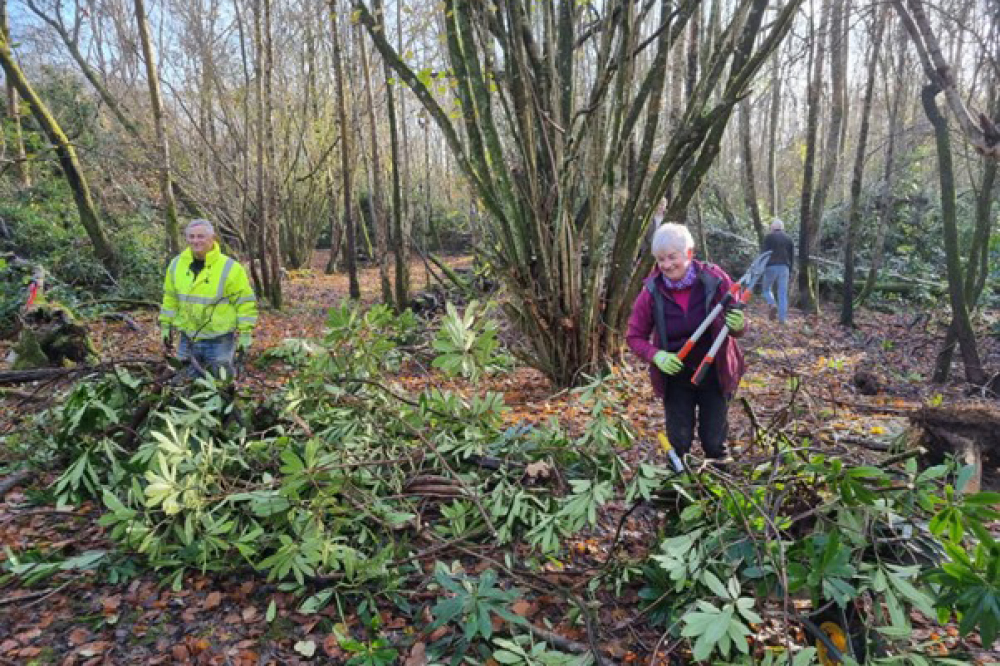
This created an uncontrolled influx of plant species. Some varieties such as Japanese Knotweed, Himalayan Balsam and Rhododendron Ponticum found perfect conditions to thrive and quickly spread into the wider countryside.
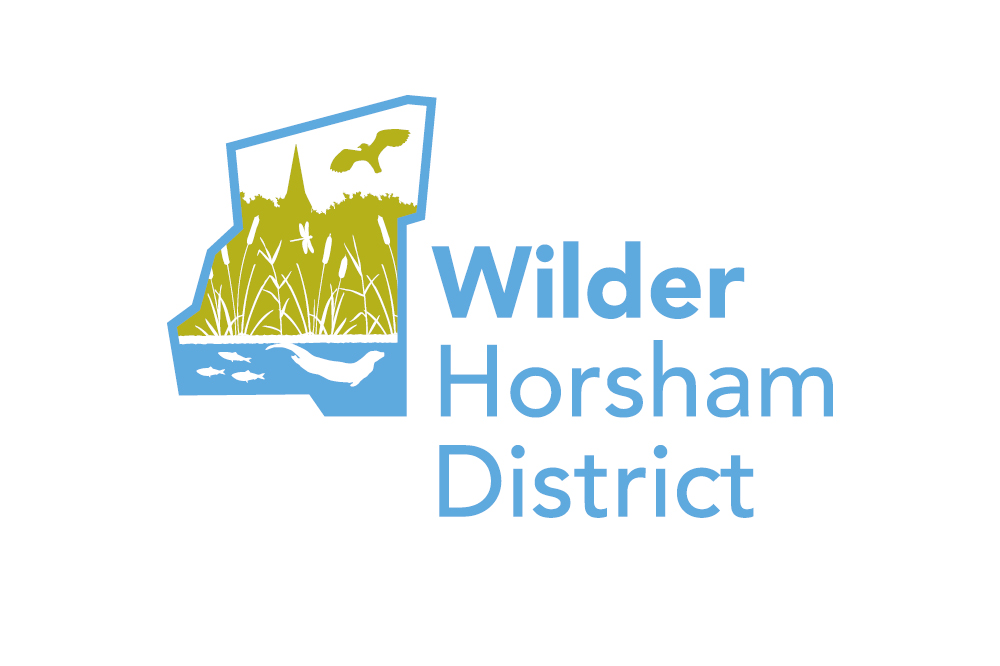
Wilder Horsham District in action
The Wilder Horsham District project has been helping landowners deal with the threat of invasive species.
The project offers support through volunteers cutting and removing blocks of scrub as well as with the Nature Recovery Award, helping landowners to tackle larger areas.
Rhododendron ponticum - a wolf in sheep's clothing
In the early summer you can see the beautiful mauve flowers of Rhododendron ponticum along the roadsides.
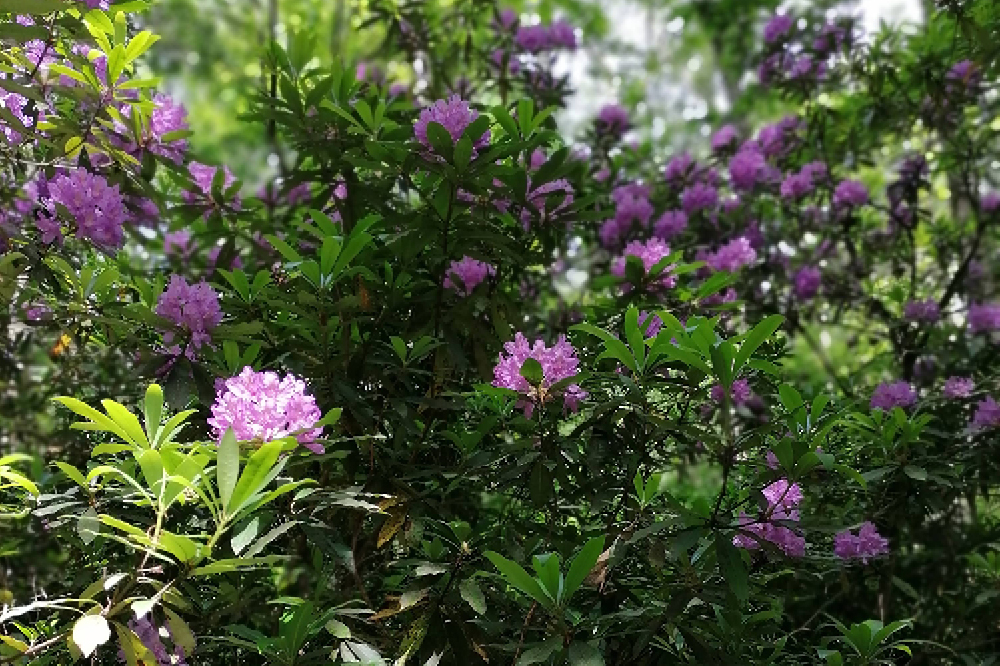
You may wonder why this would be a problem. As with many non-native invasive species its success in our climate has seen its expansion onto our fragile habitats such as lowland heath, acidic grasslands and woodlands.
Unlike many cultivated rhododendrons, this evergreen shrub quickly out competes and suppresses everything it grows over.
Propagation is through seeds and through layering, branches grow out and root where they touch the ground. They can almost walk through the landscape they dominate.
What can we do?
This plant cannot be grazed out as it is poisonous to livestock. It can only be removed through cutting it down and digging or pulling it out.
Protecting our precious heathland
Our heather rich heathlands have seen a massive decline through the 20th century with a loss of over 85% through development and forestry. Rhododendron ponticum has added to the decline of this fragile fragmented landscape.
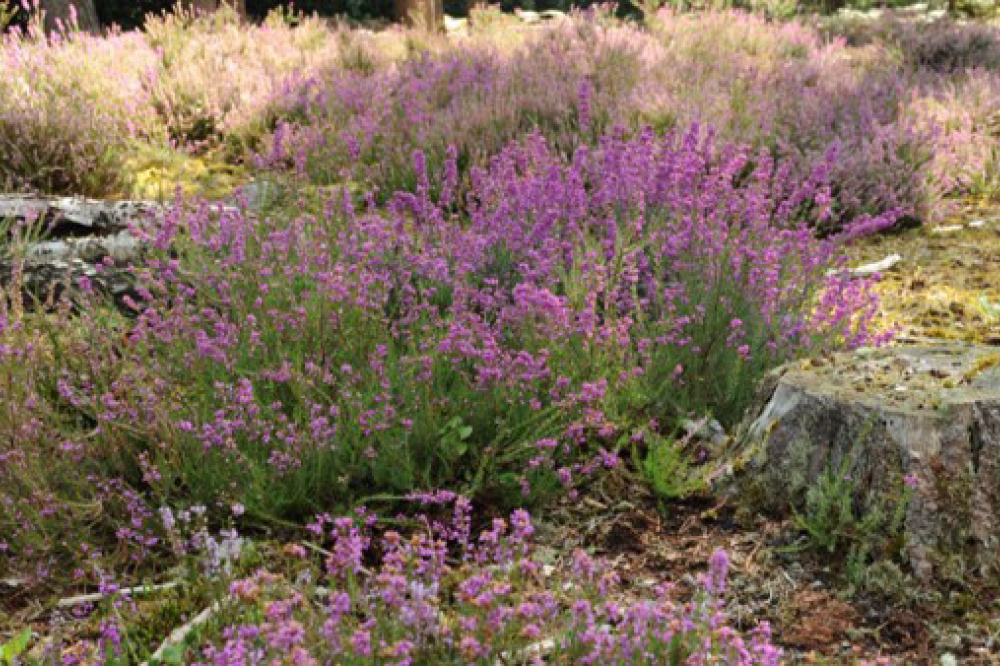
However, the good news is heather seed can survive in the soil for many decades and the restoration of heathland habitat through the large-scale removal of invasive species can allow it to return and flourish.
Landowners can help by removing and controlling invasive species growing on their land.
If you would like advice, you can complete the landowner form on the Sussex Wildlife Trust website here: www.sussexwildlifetrust.org.uk/landownerenquiry
Get involved
If you are a community group, Parish Council, local resident, or any other party interested in learning more or getting involved, please get in touch using the contact form here.
Read the latest edition
You may also like

Unlocking empty homes
If you own an empty property, and are considering how to manage it, have you thought about letting or leasing through Horsham District Council?
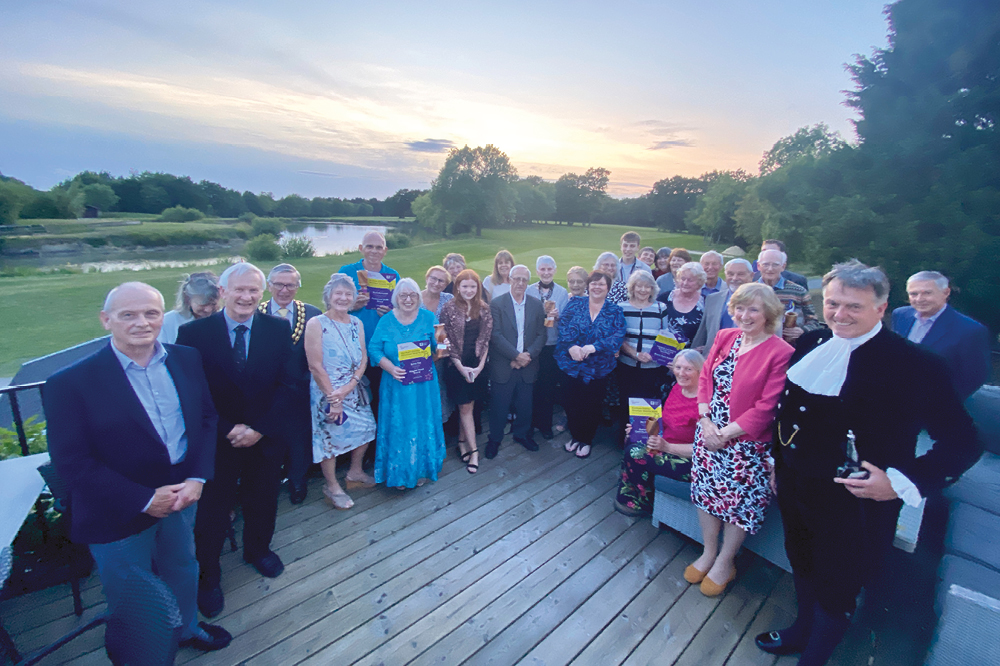
Invaluable contribution of volunteers recognised
We hosted an evening of celebrations to recognise hundreds of local volunteers.

Your Bin Collections over Christmas and the New Year
Find out when your waste, recycling, and garden waste bins will be collected over the Christmas and new year period.
